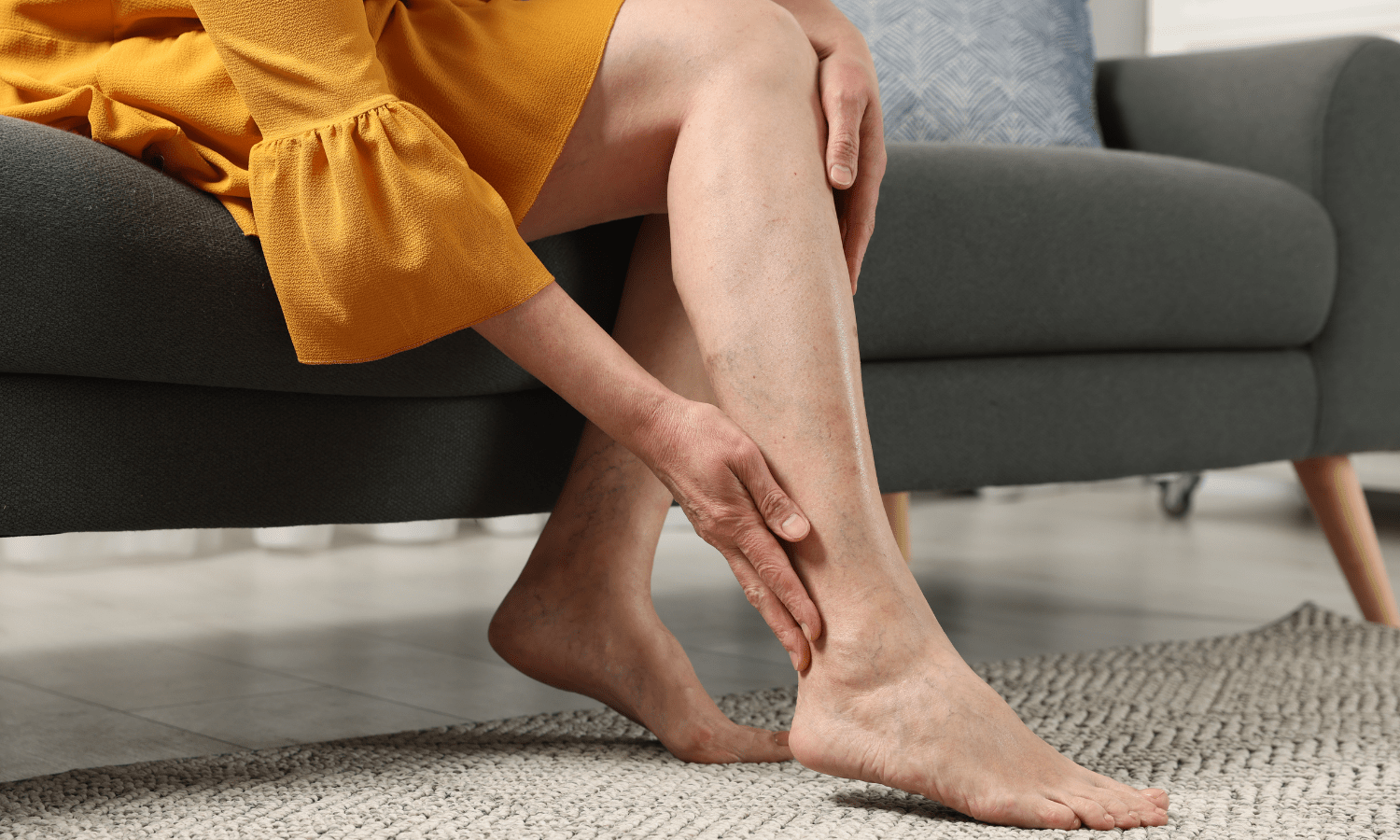What Are The Warning Signs Of Venous Disease?
Ever felt a strange heaviness in your legs, or noticed some unsightly veins making an appearance? These might be more than just signs of a long day or aging. They could be warning signs of venous disease. But what exactly is venous disease, and why should you be concerned? Let's unravel this mystery together.
Understanding Venous Disease
Imagine the veins in your legs as a series of highways. Now, what if there were roadblocks or detours on these highways, causing traffic jams? That's somewhat how venous disease operates. It's a condition where the veins, especially in the legs, don't function properly, leading to a range of symptoms. Unlike arterial diseases, which are often about blockages, venous diseases are more about leaks. Think of it as a plumbing issue where the pipes (veins) are leaking, causing a mess (symptoms).
Key Warning Signs of Venous Disease
So, how do you know if your veins has issues? Here are some tell-tale signs:
Swelling in the legs or ankles: Ever felt like your shoes are suddenly too tight? Persistent swelling might be a sign.
Pain or aching in the legs: Not the usual "I've walked too much" pain, but a consistent, nagging ache.
Visible varicose veins: Those twisted, enlarged veins that seem to pop out? They're not just a cosmetic issue.
Leg cramps or restless legs: If your legs seem to have a mind of their own at night, venous disease might be the puppet master.
Changes in skin color or texture: Darkened or thickened skin, especially around the ankles? It's not just dry skin; it's a sign.
Leg ulcers or wounds that don’t heal: These stubborn wounds can be frustrating, but they're also a red flag.
Feeling of heaviness in the legs: It's like walking with invisible weights attached to your ankles.
Itchy or irritated skin on the legs: Before you blame the weather or your soap, consider venous disease.
Risk Factors and Causes of Venous Disease
Now, you might wonder, "Why me?" Well, venous disease doesn't play favorites, but certain factors can make you more susceptible:
Genetics: If mom or dad had it, you might be in line for it too.
Age: As we grow older, our veins can lose their elasticity.
Gender: Women, especially those who've been pregnant, are at a higher risk.
Lifestyle: Long hours on your feet? It can take a toll on your veins.
Other medical conditions: Issues like obesity or previous leg injuries can increase the risk.
The Importance of Early Detection
You wouldn't ignore a leaky faucet, would you? Similarly, catching venous disease early can save you a lot of trouble down the road. Early detection means simpler treatments and fewer complications. Left unchecked, venous disease can lead to more severe conditions like deep vein thrombosis. So, it's not just about comfort; it's about safety too.
Ready to Take the Next Step?
Venous disease might sound intimidating, but with knowledge comes power. Recognizing the warning signs is half the battle. The other half? Taking action. If any of these signs sound familiar, it's time to give your healthcare professional a call. After all, your legs carry you everywhere; it's time to take care of them. Noticed any of these warning signs? Don't wait. Schedule a consultation with our vein specialists at Indiana Vascular!
Sources
Johns Hopkins Medicine. (n.d.). Venous Disease. Retrieved from https://www.hopkinsmedicine.org/health/conditions-and-diseases/venous-disease

